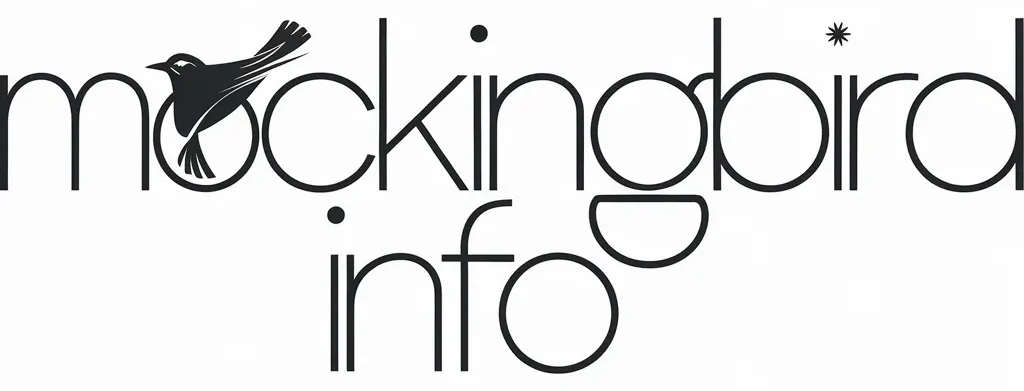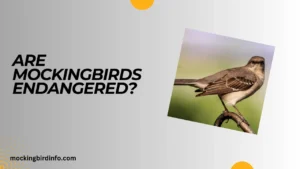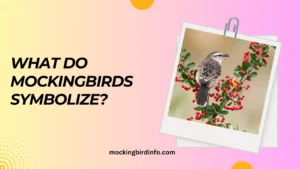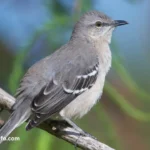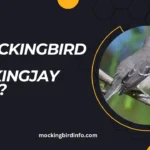Mockingbirds are known for their captivating songs that echo across yards, parks, and forests. Their melodies, often imitated from other birds and environmental sounds, make them a symbol of adaptation and survival.
Yet, amid this charm, a question arises: are mockingbirds protected by laws, and if so, why does this matter?
Understanding the protections surrounding these birds unveils broader insights into conservation efforts, ethical responsibilities, and the delicate balance within ecosystems.
Whether you’re a bird enthusiast, homeowner, or someone who values nature’s presence, knowing the legal and ethical protections of mockingbirds is essential.
This article explores how mockingbirds fit into federal, state, and local frameworks of protection, the penalties for harming them, and the deeper ecological significance of these fascinating creatures.
Dive in to discover why ensuring their safety is more than just following regulations—it’s about preserving a natural harmony.
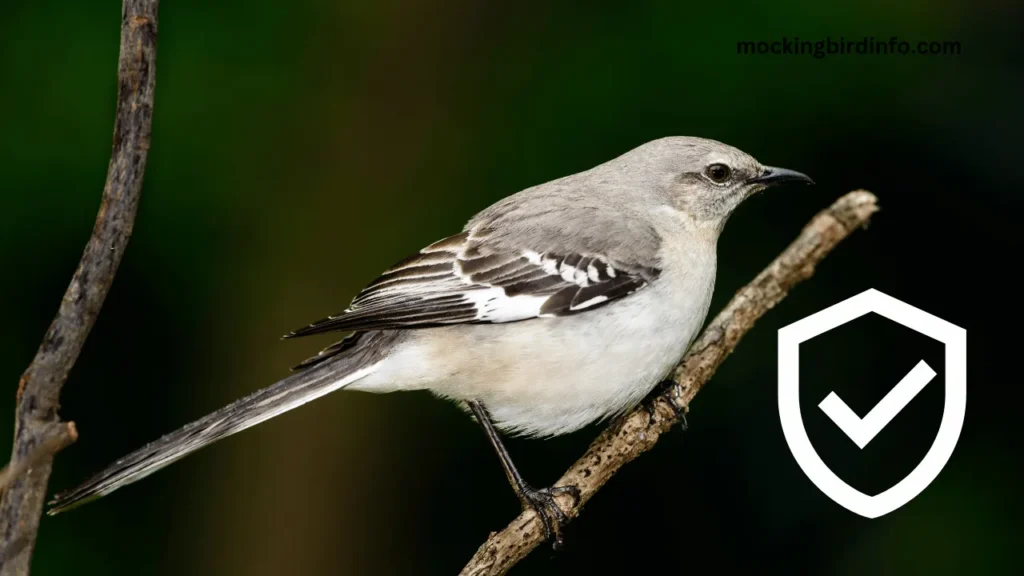
Contents
- 1 Federal Protection
- 2 State and Local Protections
- 3 Ethical Considerations for Birdwatchers and Homeowners
- 4 Conclusion
- 5 FAQs
- 5.1 1. Are mockingbirds protected by federal law?
- 5.2 2. What are the penalties for harming a mockingbird?
- 5.3 3. Do all states have laws protecting mockingbirds?
- 5.4 4. Can I remove a mockingbird nest from my property?
- 5.5 5. Is feeding mockingbirds illegal?
- 5.6 6. Why do mockingbirds aggressively protect their nests?
Federal Protection
The Migratory Bird Treaty Act (MBTA): Enacted in 1918, the MBTA stands as a pillar of federal wildlife protection in the U.S. It prohibits actions such as hunting, capturing, or killing birds covered by this act, including mockingbirds.
This law is critical for preventing the widespread decline of bird populations.
Penalties for Harm: Under the MBTA, penalties for harming or killing a mockingbird can be severe. Individuals may face fines up to $15,000 and potential imprisonment for violating these protections.
These stringent measures emphasize the importance the government places on bird conservation.
State and Local Protections
State-Specific Laws: Certain states go beyond federal laws with specific statutes that further safeguard bird species. For example, states like California and Florida have regulations that protect native birds, ensuring stricter oversight.
Local Ordinances: Urban areas may also impose additional protections for bird populations through local ordinances. Cities with rich green spaces and birdwatching communities often advocate for heightened protections, including penalties for disturbing nesting sites.
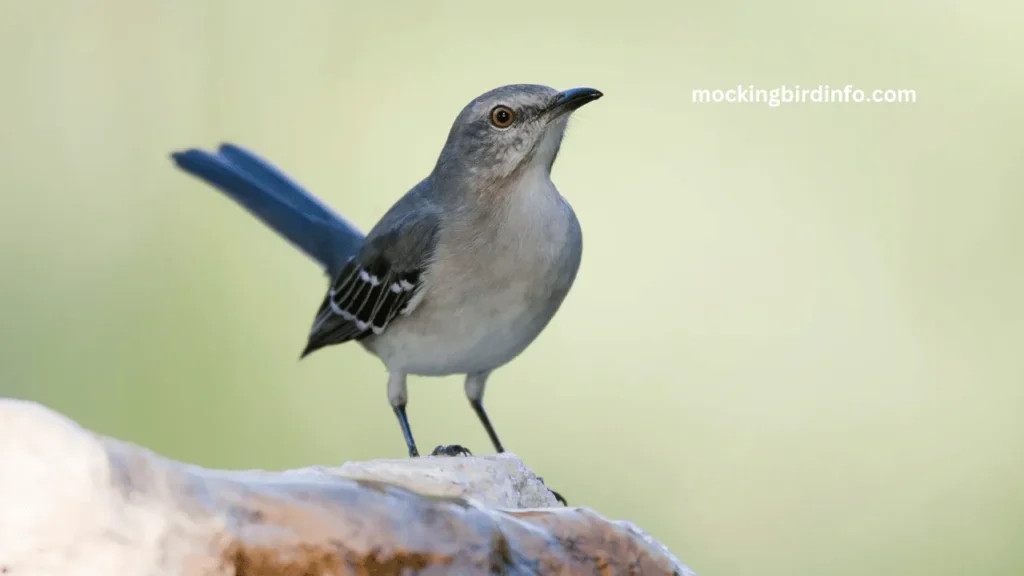
Ethical Considerations for Birdwatchers and Homeowners
Disturbing Nests: Ethical birdwatching means recognizing the importance of leaving nests undisturbed, especially during breeding seasons. Mockingbirds can become territorial when their nests are threatened, which may lead to defensive behavior.
Feeding Birds Responsibly: While many people enjoy feeding birds, it’s crucial to do so responsibly. Overfeeding can attract predators and create dependencies, which may disrupt natural behaviors.
Habitat Conservation: Supporting native vegetation and preserving trees and shrubs are vital actions that promote healthy mockingbird populations. Ensuring that habitats remain intact helps sustain food sources and nesting spaces.
The Importance of Mockingbirds in Ecosystems
Seed Dispersal: Mockingbirds contribute to plant diversity by dispersing seeds through their feeding habits. This process supports the growth of native flora, which in turn benefits the ecosystem.
Insect Control: These birds play a significant role in controlling insect populations, helping to reduce pests like caterpillars and beetles that might otherwise damage plants and crops.
Ecosystem Balance: Mockingbirds are part of a delicate ecological web. Their presence ensures that certain plant and insect populations remain balanced, demonstrating how interconnected life is in natural environments.
Conclusion
Mockingbirds hold a unique place in both our backyards and natural landscapes, showcasing the importance of conservation efforts.
From the federal protections under the MBTA to state and local regulations, it’s clear that safeguarding these birds is both a legal requirement and an ethical duty.
Protecting mockingbirds means embracing a shared responsibility to preserve ecosystems and maintain the delicate balance that supports all life forms.
By taking simple actions like supporting habitat conservation, avoiding disturbance, and spreading awareness, individuals can contribute to a more bird-friendly environment.
Remember, ensuring the safety of mockingbirds goes beyond mere compliance with laws—it signifies respect for the vibrant and diverse life that surrounds us.
FAQs
1. Are mockingbirds protected by federal law?
Yes, under the Migratory Bird Treaty Act, mockingbirds receive protection from harm, hunting, or capture.
2. What are the penalties for harming a mockingbird?
Violating the MBTA can result in fines up to $15,000 and imprisonment.
3. Do all states have laws protecting mockingbirds?
Most states align with federal laws, but some, like California, have additional protective measures.
4. Can I remove a mockingbird nest from my property?
No, removing or disturbing active nests is typically illegal under the MBTA and may require permits in certain states.
5. Is feeding mockingbirds illegal?
Feeding mockingbirds is not illegal, but it should be done responsibly to avoid over-dependence and attracting predators.
6. Why do mockingbirds aggressively protect their nests?
Mockingbirds are known for their territorial behavior during the breeding season to ensure their young are safe.
